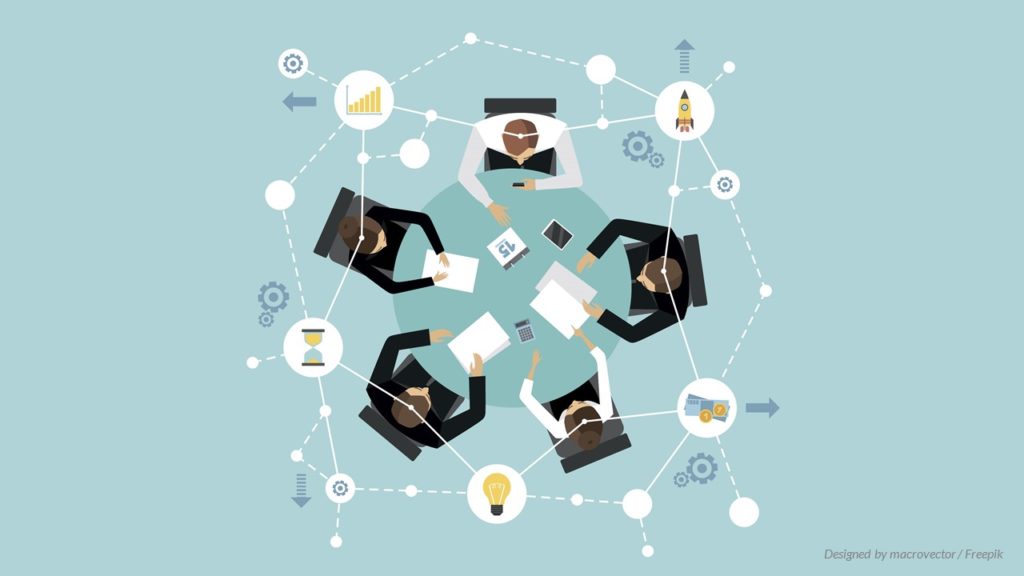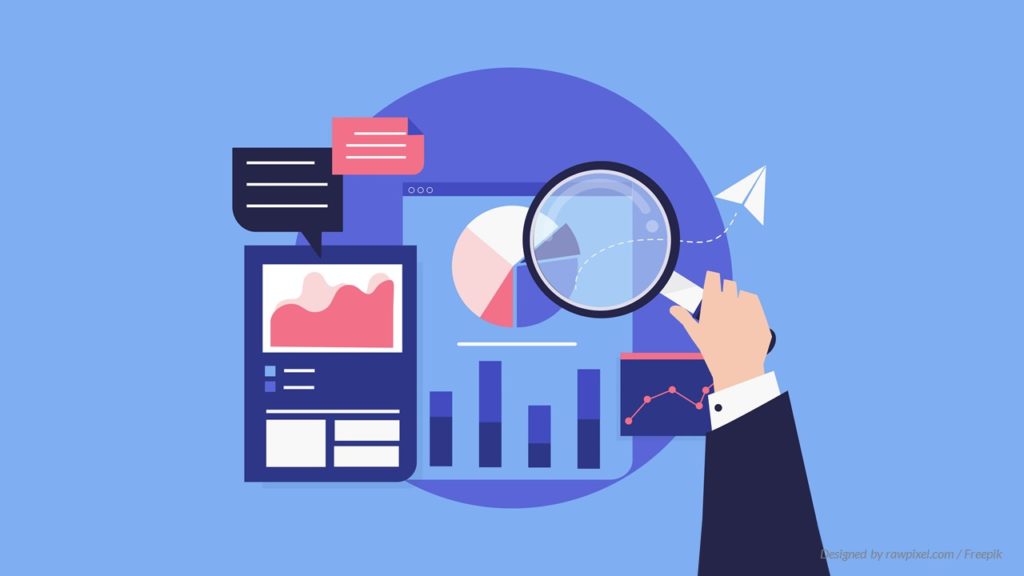
This is the first of a two-part series that explores due diligence (DD) in the fintech space. Click here to read our article on technical due diligence in fintech (TDD).
“Due Diligence” is the term applied to assessments conducted by a potential investor when they are looking to invest in or acquire another company. This is usually conducted by a third party with the right experience and knowledge to accurately assess and evaluate the target company. The third party – usually a specialist consulting firm – works with the target company to compile a comprehensive report that is provided to the potential investor, allowing them to better decide how to proceed.
Due diligence can cover many aspects of the business, but usually covers four categories:
- Commercial due diligence (CDD)
- Technical due diligence (TDD/ IT DD)
- Legal due diligence
- Financial due diligence
At Penser, we specialize in commercial due diligence (CDD) and technical due diligence (TDD) in the financial technology industry. We have successfully guided the investment decisions of private equity and venture capital investors, as well as corporations, across their investments in payments, digital banking, wealth management and lending.
Considering our experience in this sector, we wanted to share some insight into how the process works, and what we look for when conducting fintech commercial due diligence (CDD).
Commercial Due Diligence
When we conduct commercial due diligence (CDD), we try to understand how the target company is performing in the industry today. To do this, we spend time with the target company to understand where they stand in their current business performance and what their future growth plans entail. We also look at external factors that might influence the company on its journey.
Let’s break it down into five key segments:
1. Market drivers
First and foremost, we want to understand how the market is changing and developing. This takes into account factors such as regulations, technology developments and the target company’s position in the landscape. We want to build a comprehensive picture of how likely it is that the company will achieve its business growth projections and call out any potential obstacles early on.
In the payments and fintech space, in particular, the market is evolving, and changes occur (almost) overnight. Technology today is growing by leaps and bounds, resulting in changes that are hard to foresee, without the right depth of expertise. As specialists in this field, we have developed a strong understanding of the existing technologies and market dynamics, allowing us to better assess where the target company stands in the field, and how changes in the market might affect it.
2. Competitive landscape
The next thing we look at is the target’s competition – who are they? How much market share do they own? What benefits do they offer to their customers? Through this, we build a picture of how the target company compares to its competition and can clearly identify where the company offers unique value to its customers. We conduct this assessment on both a local and global level, as competition in financial technology is truly global. Clients are also able to utilise this information in the development of a value creation plan following the investment or acquisition.
3. Customer evaluation
Up next is evaluating the customer, and how well the company’s solution fits with the customer’s needs. We assess how the customer’s needs align with the target company’s value proposition. We also look at how effective the value-added services offered by the target are, while digging into how the customer experience matches up with the industry.
While examining the customer, we also look across the value chain within which it operates. To do this, we directly reach out to and gather feedback from key suppliers and merchants and understanding how strong the company’s existing relationships are and how its products and services are perceived.
4. The business plan
The business plan is a crucial element of the due diligence process. We want to understand the underlying financial assumptions that the company’s plans are based on and how feasible the plan is overall. We examine the key performance indicators (KPIs) of the business, which would include the customer economics – what the customer acquisition plan is, what are the costs involved, what are the usage rates, unit economics, and more.
No business plan assessment is complete, however, without also examining what the key risks are, and where the plan needs improving. We look at it both internal risks, as well as any external threats that may exist or are around the corner.
5. Synergies
Lastly, we look at any synergies that may exist with other companies in the investors’ portfolio or other targets under consideration. This could be in terms of the product, sales, operations, technology, risk management, or any other opportunities that the investor could leverage in the near future.
Through these five stages, we are able to provide a comprehensive report on how the target company is positioned commercially and can accordingly make recommendations that influence whether our private equity, venture capital or corporate clients choose to invest in a target company or not. We have extensive experience in PE DD, VC DD, and M&ADD across payments and fintech.
Click to read the second part of this series, where we explore technical due diligence (TDD) in fintech.
At Penser, we have developed the industry expertise to be able to provide our clients with the guidance they need to make informed decisions in the banking and payments sector. By going through the five key stages mentioned above (as well as a few others), we provide a clear, comprehensive report that outlines the strengths and weaknesses of the target company.
If you’d like to learn more about due diligence (DD) services, please contact us by clicking here.
P.S: We also provide consulting services in strategic planning and digital transformation. Click to learn more.






